|
Although it is not yet 2014 in Brooklyn NY and I technically started this project earlier than intended, it is evidence I like to get a head start on planning things. There is not better product on the market to achieve proper planning and commence this adventure on the last day of 2013 than the Tikker, aka the happiness watch.
Tikker is the death watch that count's down your life, basically it is lifestyle questionnaire and simple countdown calculator. YIKES! Obviously there is some satire in the promotional writing of this product… "imagine someone told you, you only had one year to live. How would that change your life? While death is nonnegotiable, life isn't. The good new is that life is what you make of it - and it can beautiful! All we had to do is cherish the time and the life we have been given, to honor it, suck the marrow from it, seize the day and follow our hearts. And the best way to do this is to realize that seconds, days and years are passing never to come again. And to make the right choices… That's why we've created Tikker, the death watch that counts down your life, just so you can make every second count" They not only quote Steve Jobs but also claim that by wearing a Tikker it is a statement to the world that life and living is your biggest priority. Seriously whoever wrote that is a sheer genius and has perfectly captured human's nonsensical ideology of death. As human beings we spend our entire lives thinking about death, from the moment we are born we begin dying. Can a baby have a Tikker? We spend out lives trying to avoid death, make sense of it, and in an essence wondering when it will occur. As of today 2,162 people have contributed to the $98,665 Kickstarter fund. Like many people I have seen death, watched it first hand, does Tikker properly calculate a soldier being shot in Afghanistan, a heroine addict's overdoes, a child starving to death in Ethiopia, or a terminally ill cancer patient's pain and suffering by telling them to live in the now OR does Tikker remind them that death is knocking on their door? Like any elderly person living in a nursing home, my grandmother would have loved to have given the designers a piece of her mind, but maybe in a nutshell she needed this watch for she was a bit negative and was terrified of dying. In other words, does humanity need a Tikker watch to remind them that life is passing them by and they need to step up and embrace it with all their might? Or isn't that what being alive is all about, the uncertainly, mystery, and the roller coaster that is life. Happy New Year! May you all have a happy, healthy, and brilliant 2014!
0 Comments
Whether it was a Beanie Baby, Paddington Bear, Care Bear, homemade Doll, Cabbage Patch Doll, or Tickle Me Elmo; most humans have owned some form of a stuffed animal or plushie in their lifetime. These "things" provide comfort and unconditional emotional support most often for children when their parents are not around. And although they collect dust, dust mites, and may transmit bed-bugs, a travel service has now been devised for these cuddle toys.
The Japanese company Unagi Travel has coined the perfect escape for these cuddly creatures. Forget saving for college or even planning your own family vacation, frivolously spend and send your child's stuffed animal abroad. Travel costs range between $35-$95 USD extending to Kyoto, Tokyo, Onsen, and a Mystery Tour of probably someone's PO Box or basement. With this you get Insitigram/Facebook photos, silent non-existent travel stories, the opportunity to comfort your child every night Curious George is galavanting the globe, plus the added risk of no return and other travel concerns such as Anthrax, Scabies, drug trafficking, and again Bed-Bugs. So given half of the world's population lives off less than $3.00 USD it is easy to see absurdity and ridiculousness. But culture exists in many forms, too bad Mickey and Minnie won't be able to talk about it. |
LAJ
100 Objects of Popular and Material Culture is an blog exploring the manifestations of human consumption and commodity-ization. The purpose of this experiment is to explore material and popular culture in contemporary society by using objects and concepts to prompt wider questions and reflections. So by emulating The British Museum's and Neil MacGregor's format of A History of the World in 100 Objects I plan to satirically analyze and reinterpreted 100 material culture objects over the course of 2014. Material Culture is the study of our culture's consumption of stuff; namely the manifestation of culture through material productions where people's perceptions of objects is socially and culturally dependent. With this, objects reflect conscious and unconscious beliefs on the the individuals who fabricated, purchased, or used them, and by extension the society where they live. So examining materiality, cultural truths and societal assumptions may be discovered. As anthropologist Arjun Appaduai states "in any society the individual is often caught between the cultural structure of commodity-ization and his own personal attempts to bring a value and order to the universe of things." Objects and commodities make up a much larger symbolic system consisting of want and need, socio-economic status, fashion, etc. Often times form follows function whether the commodity, market, and or consumer forever evolve around one-another. Philosopher Pierre Bourdieu's theories of capital flow full circle; where regardless if you are a minimalist or a hoarder the world is made up of things and everyone will leave their footprint on the earth. So by humorously analyzing marketed objects and concepts, hopefully this blog will provide further incite into ideas of over-consumption, a disposable society, consumerism vs. anti-consumers, planned obsolescence vs. sustainability, as well as the greater good of mankind and future generations. Archives
March 2015
Categories |
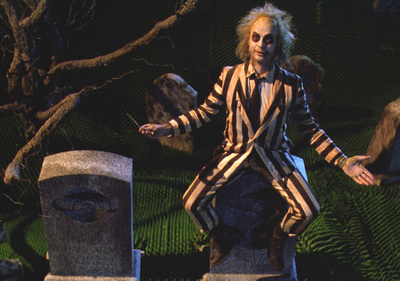
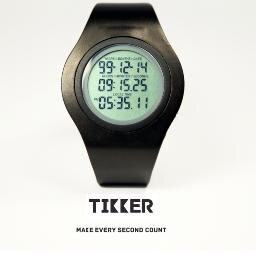
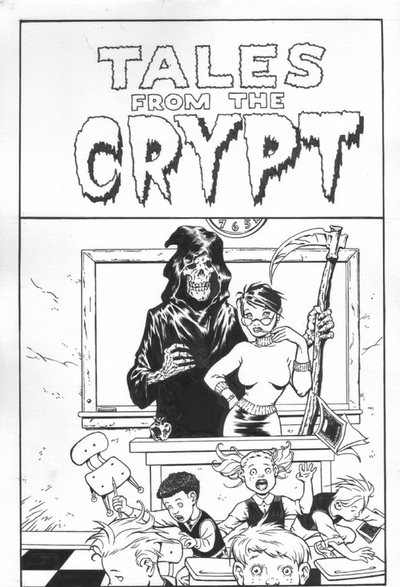
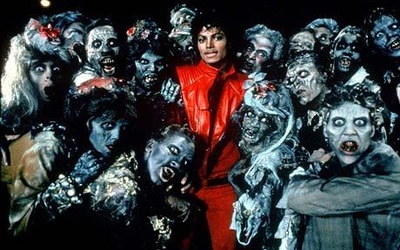



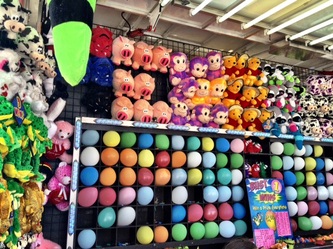
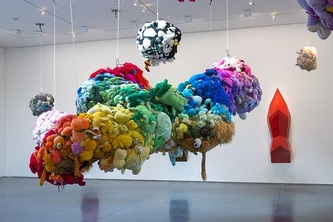
 RSS Feed
RSS Feed